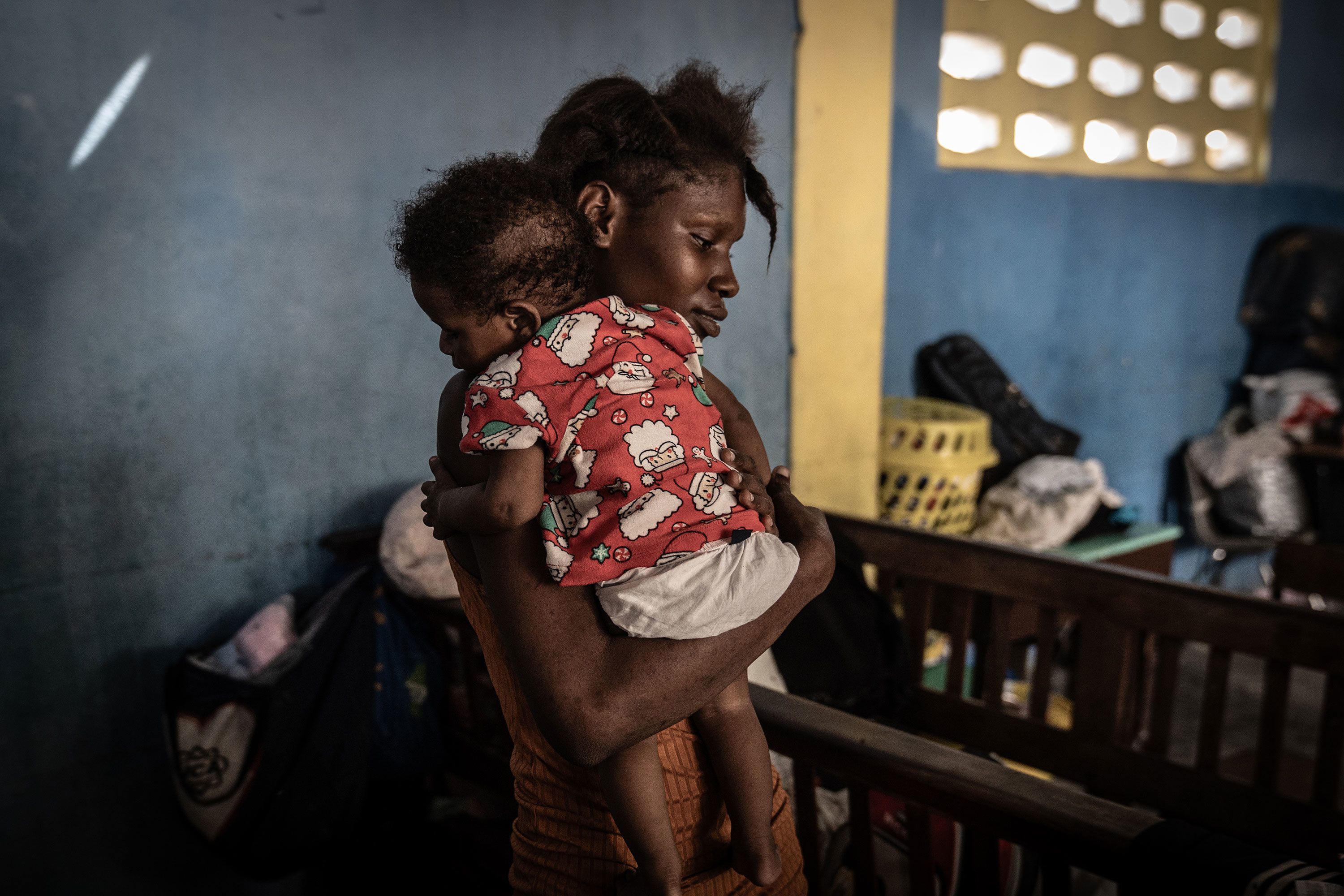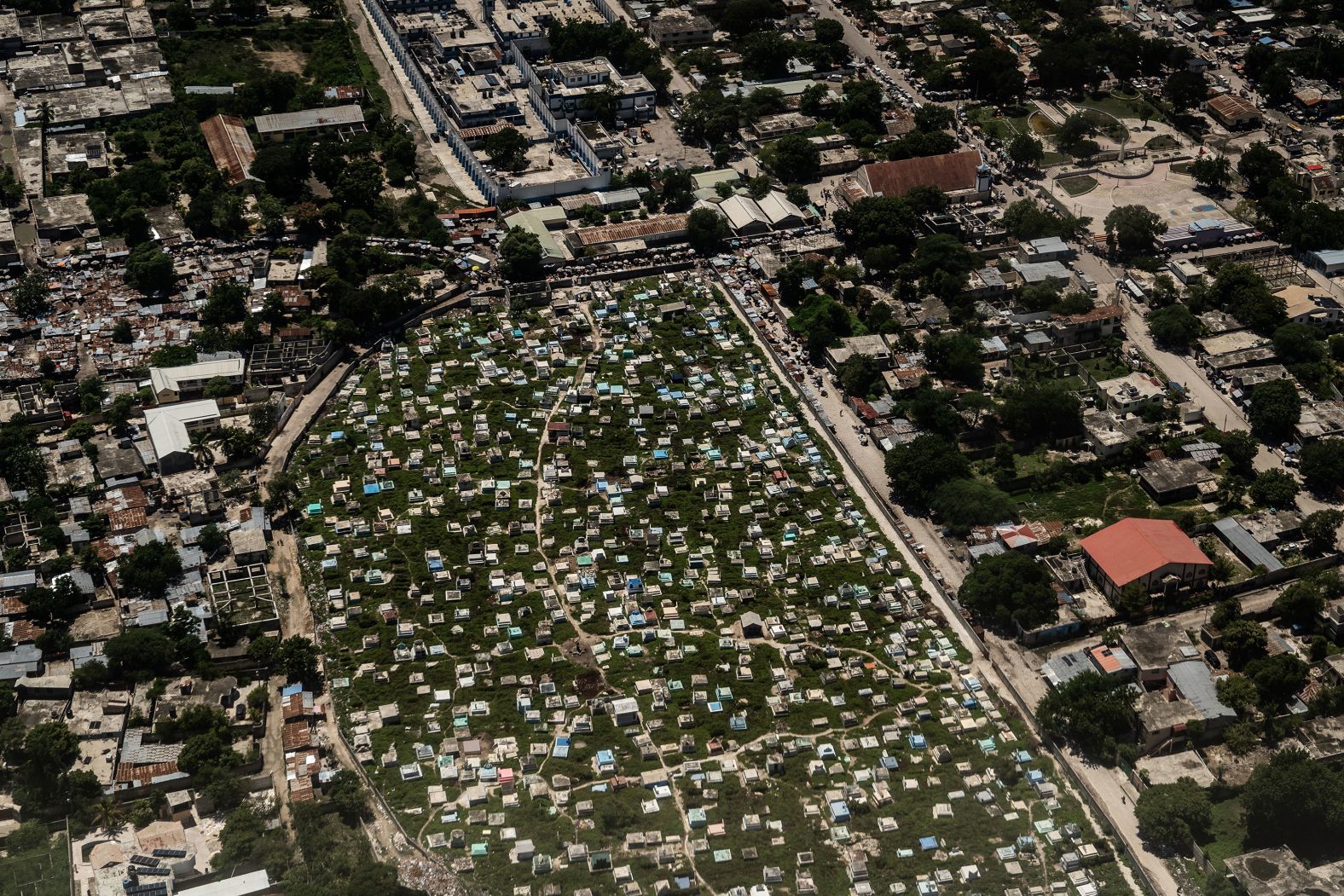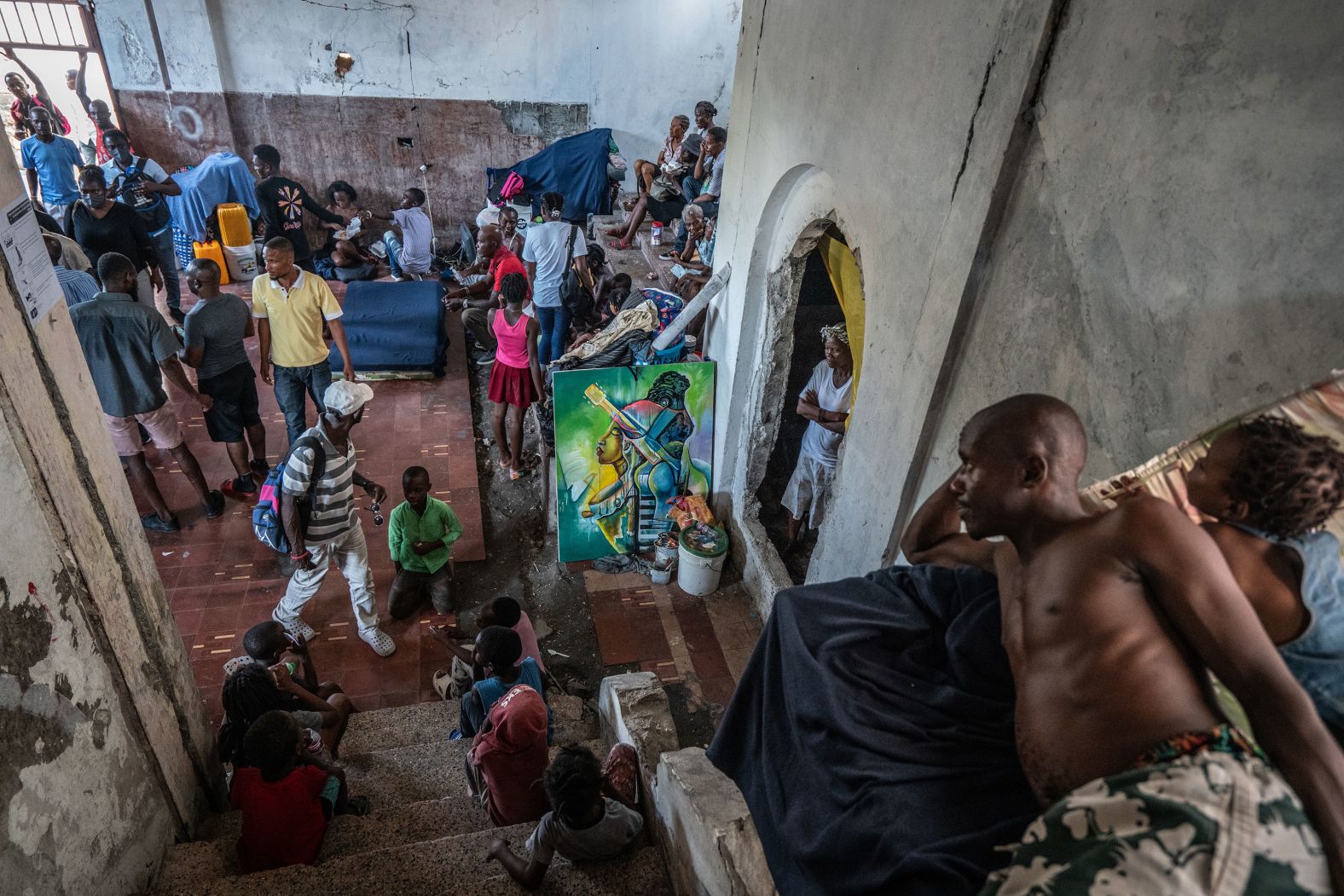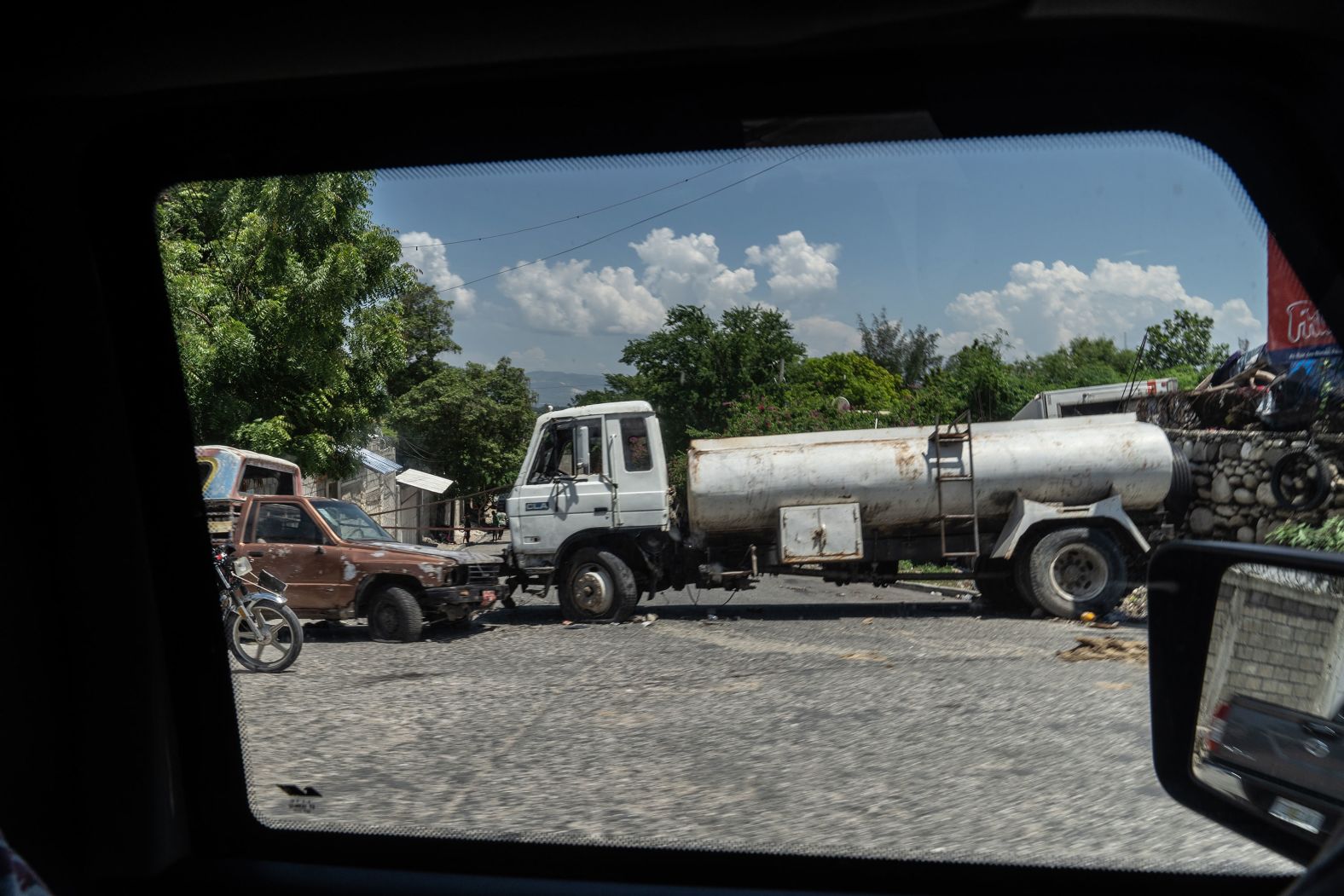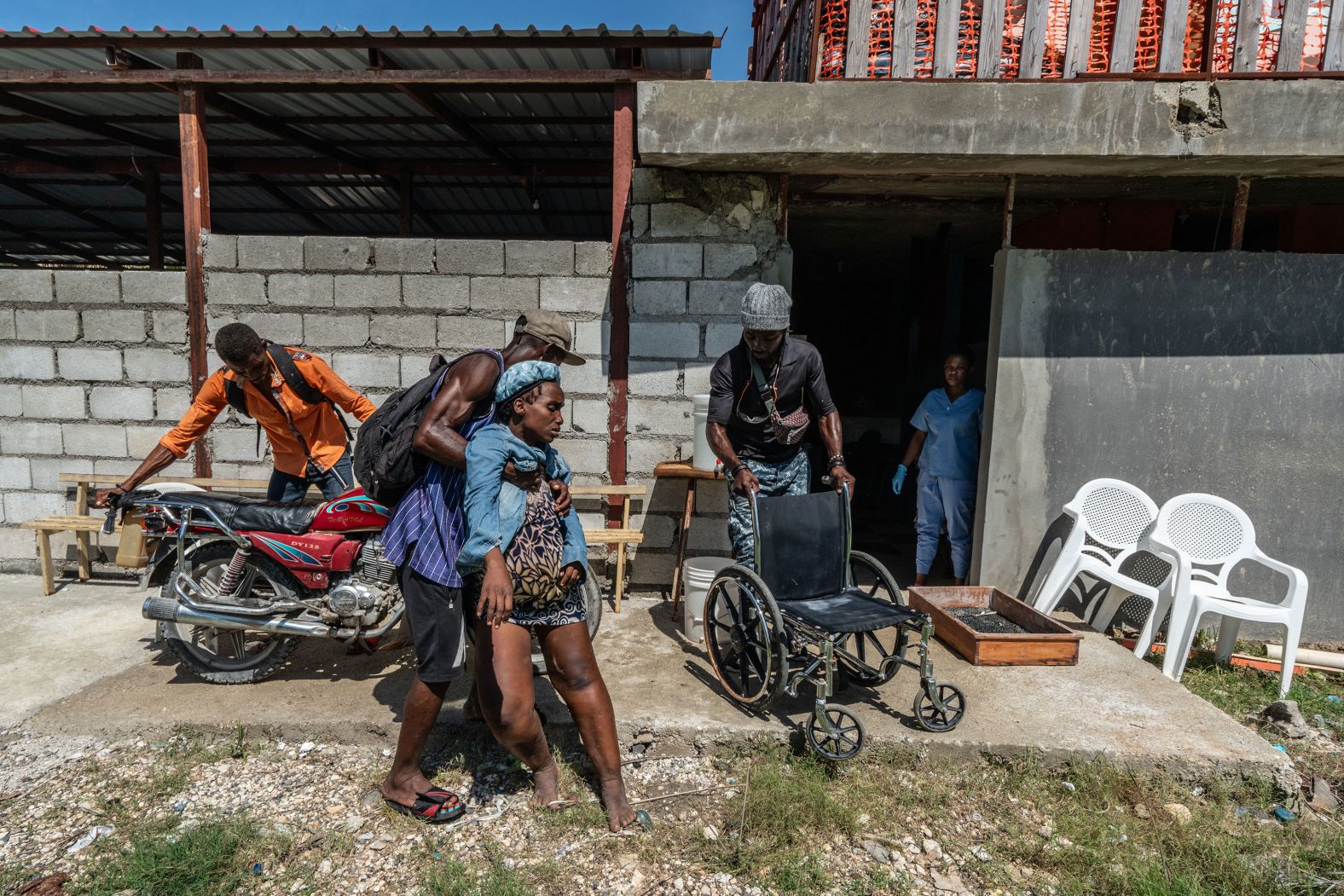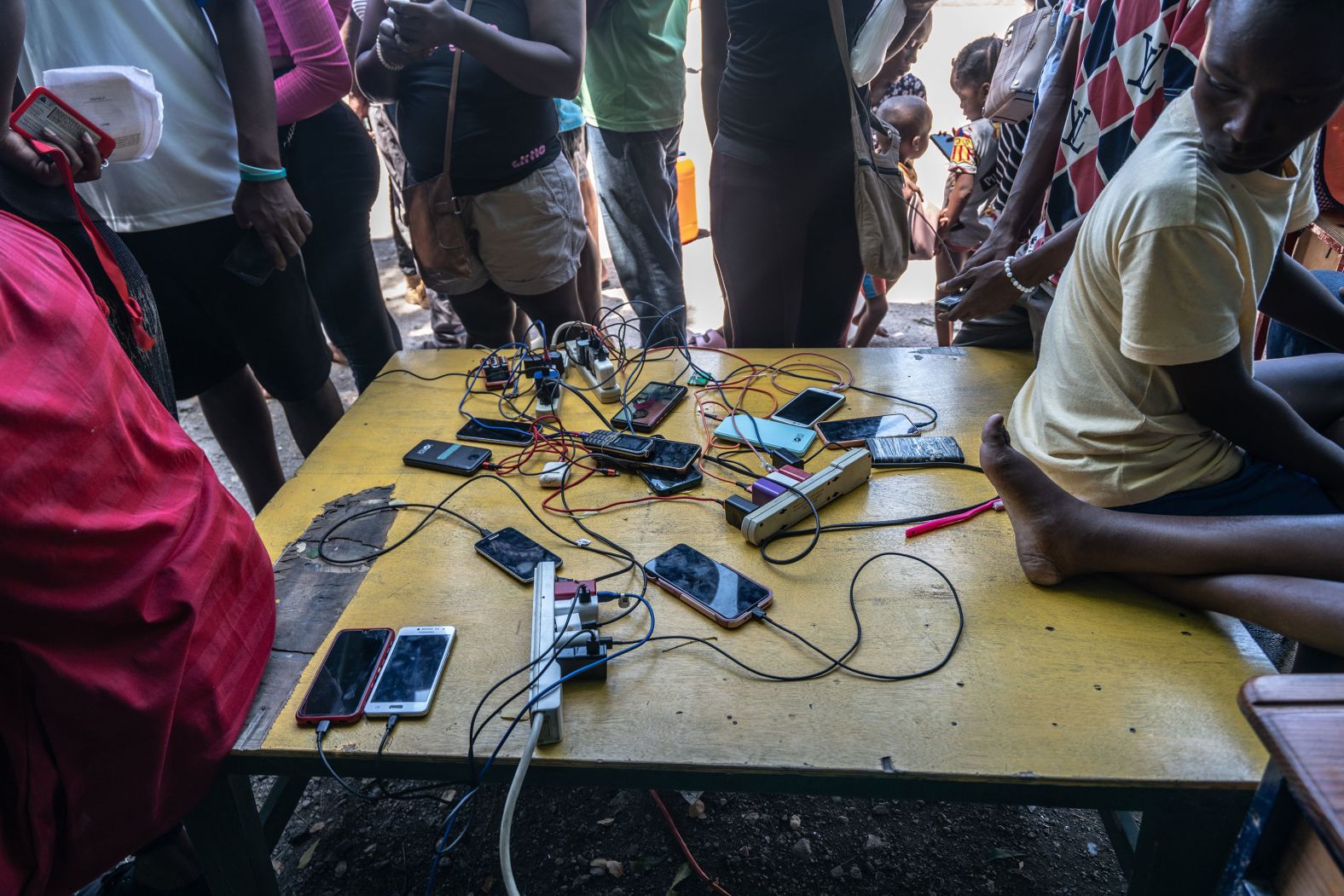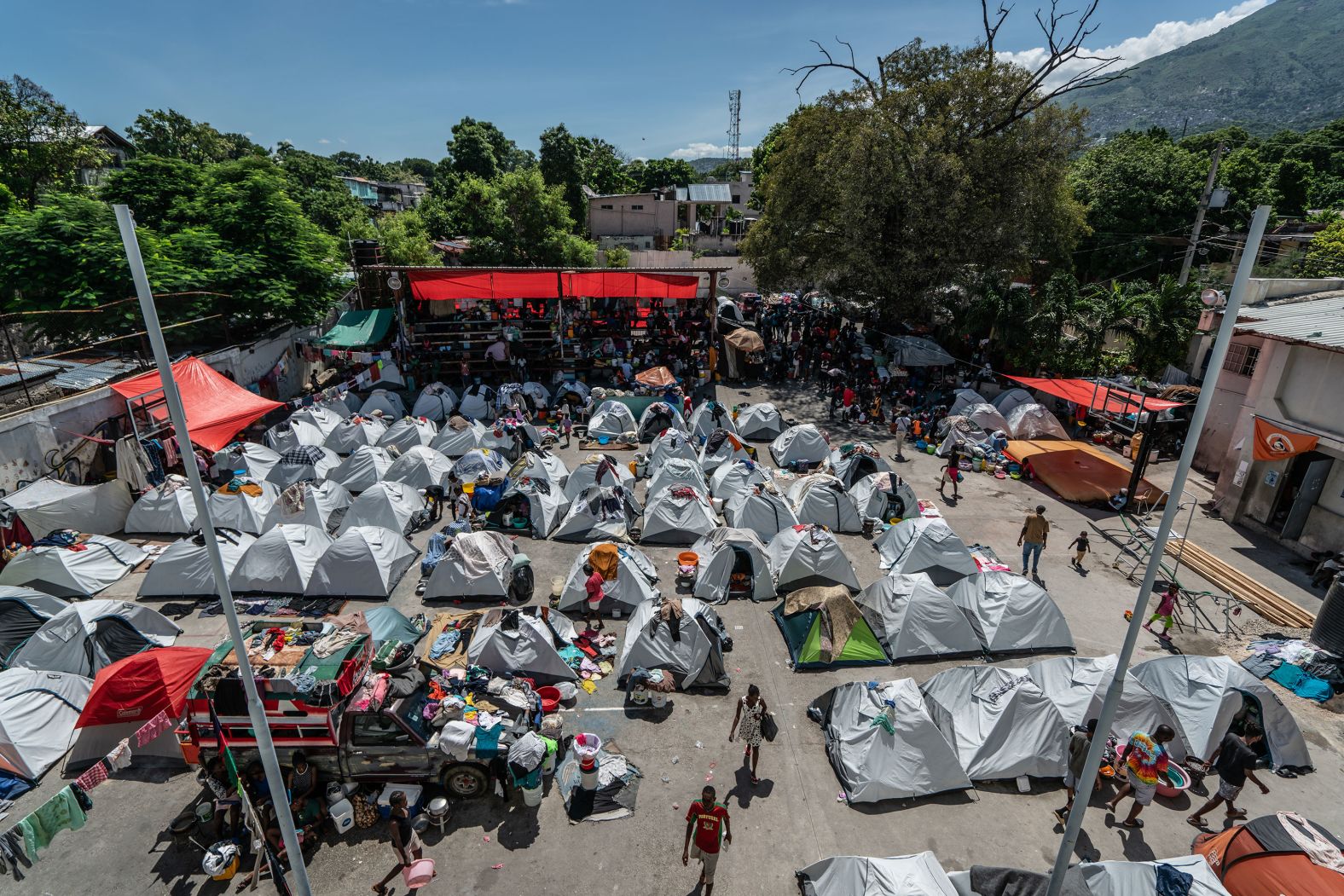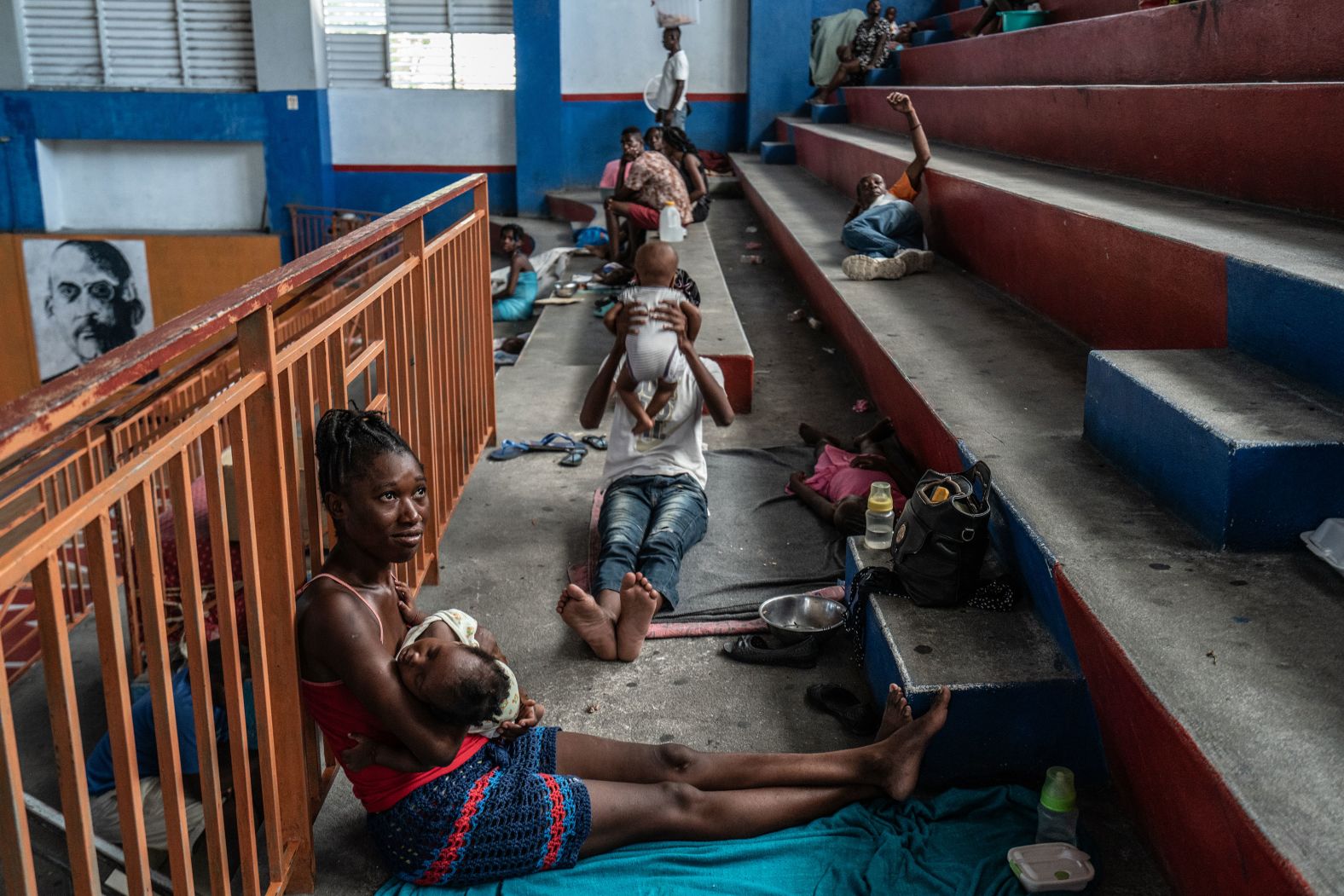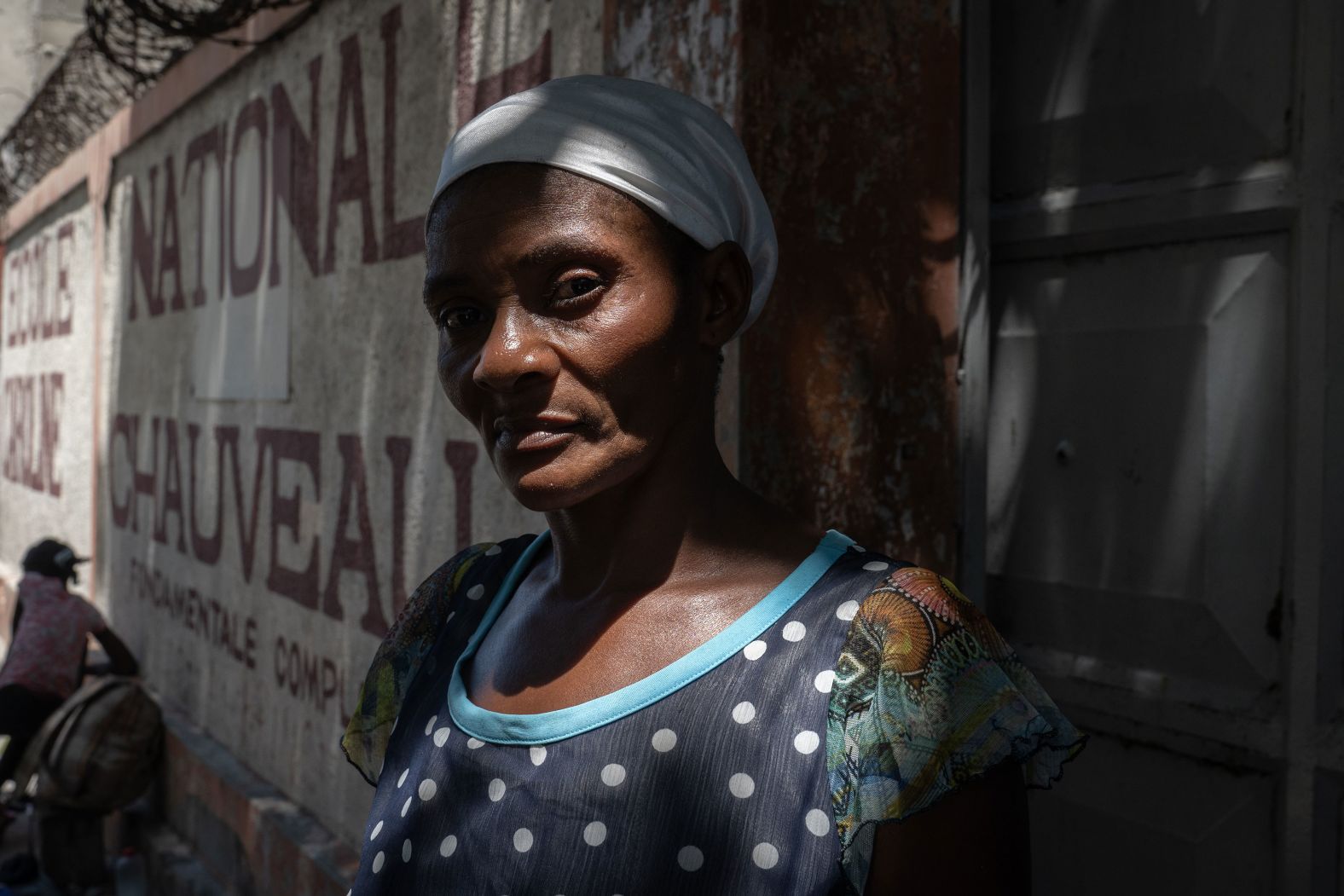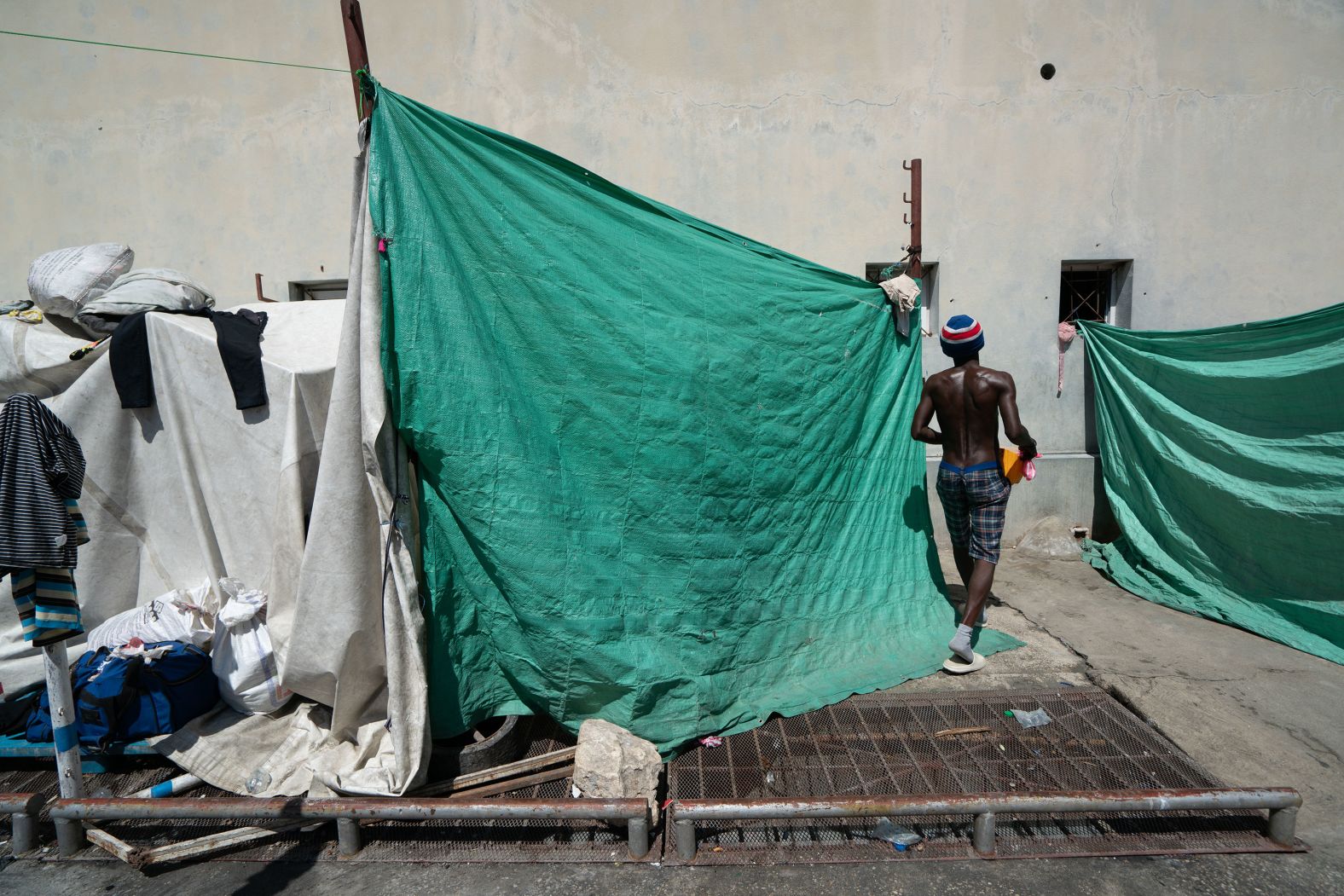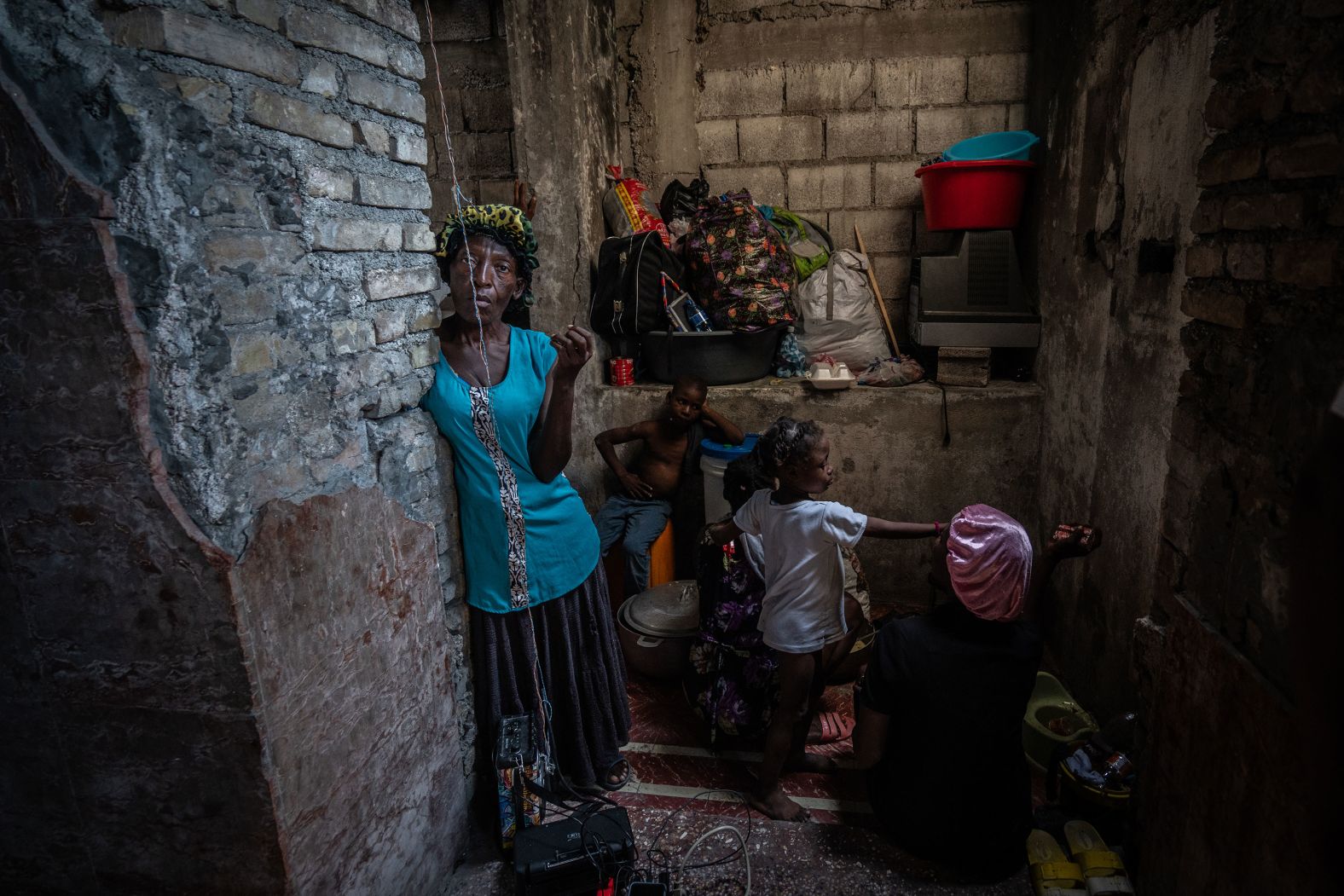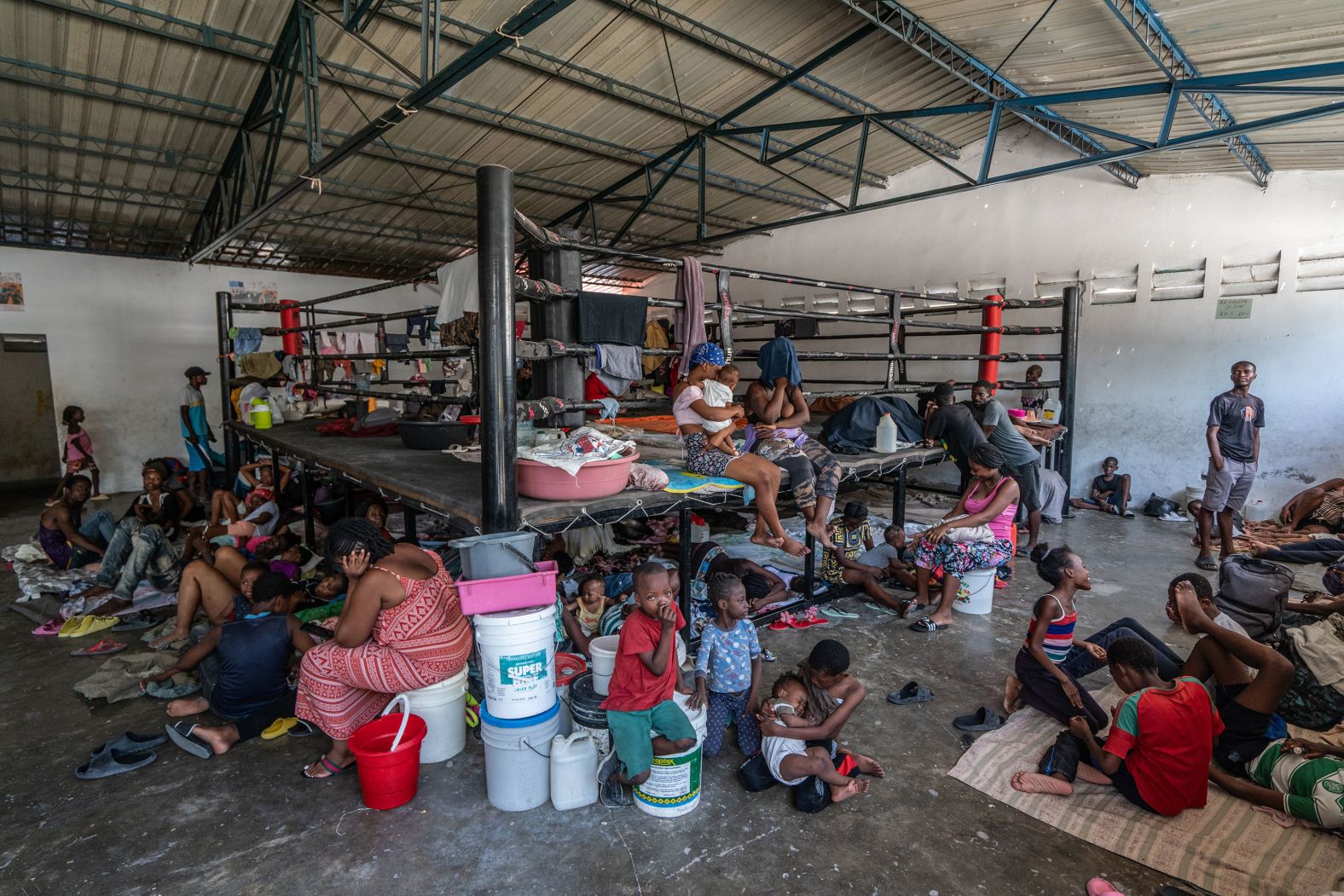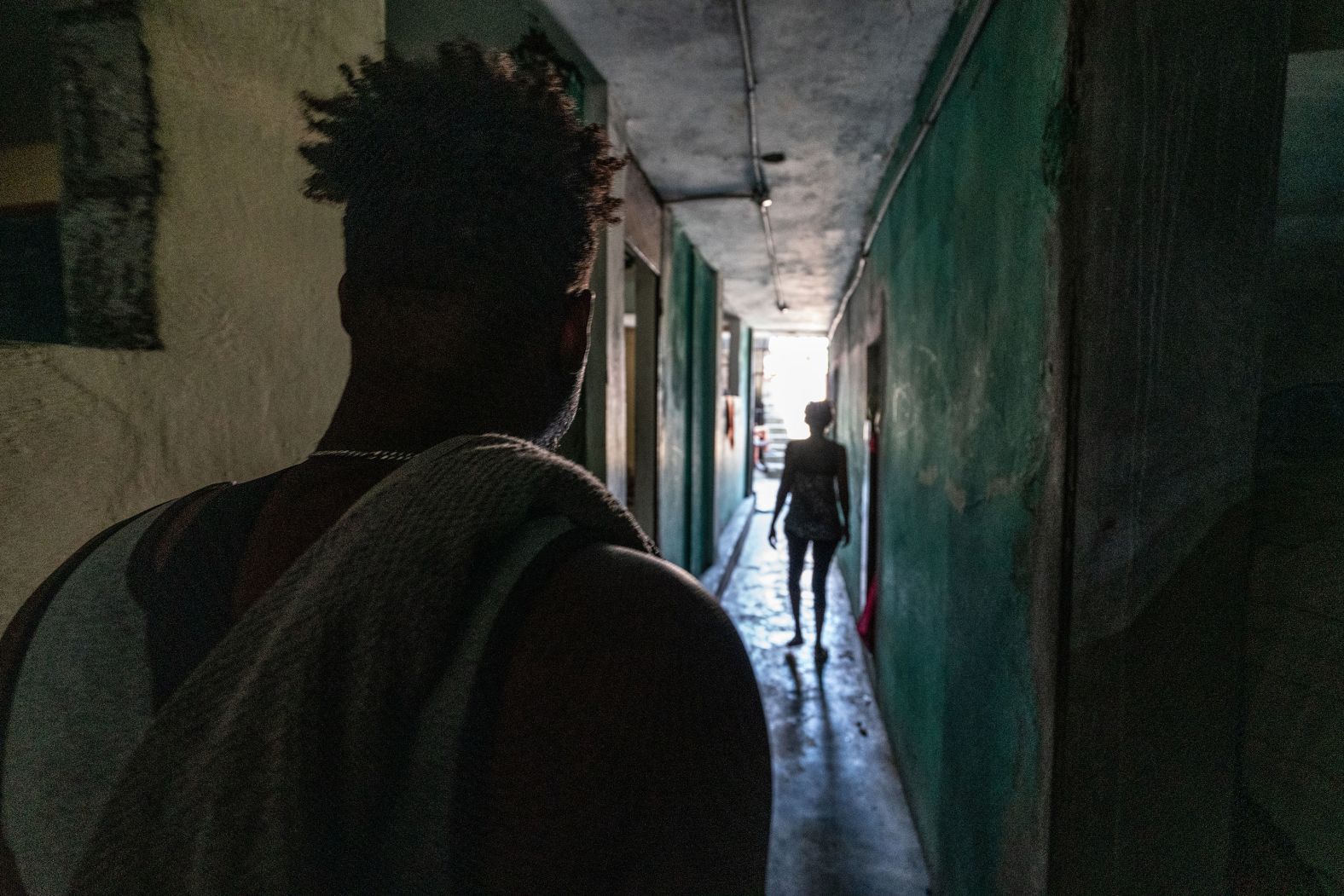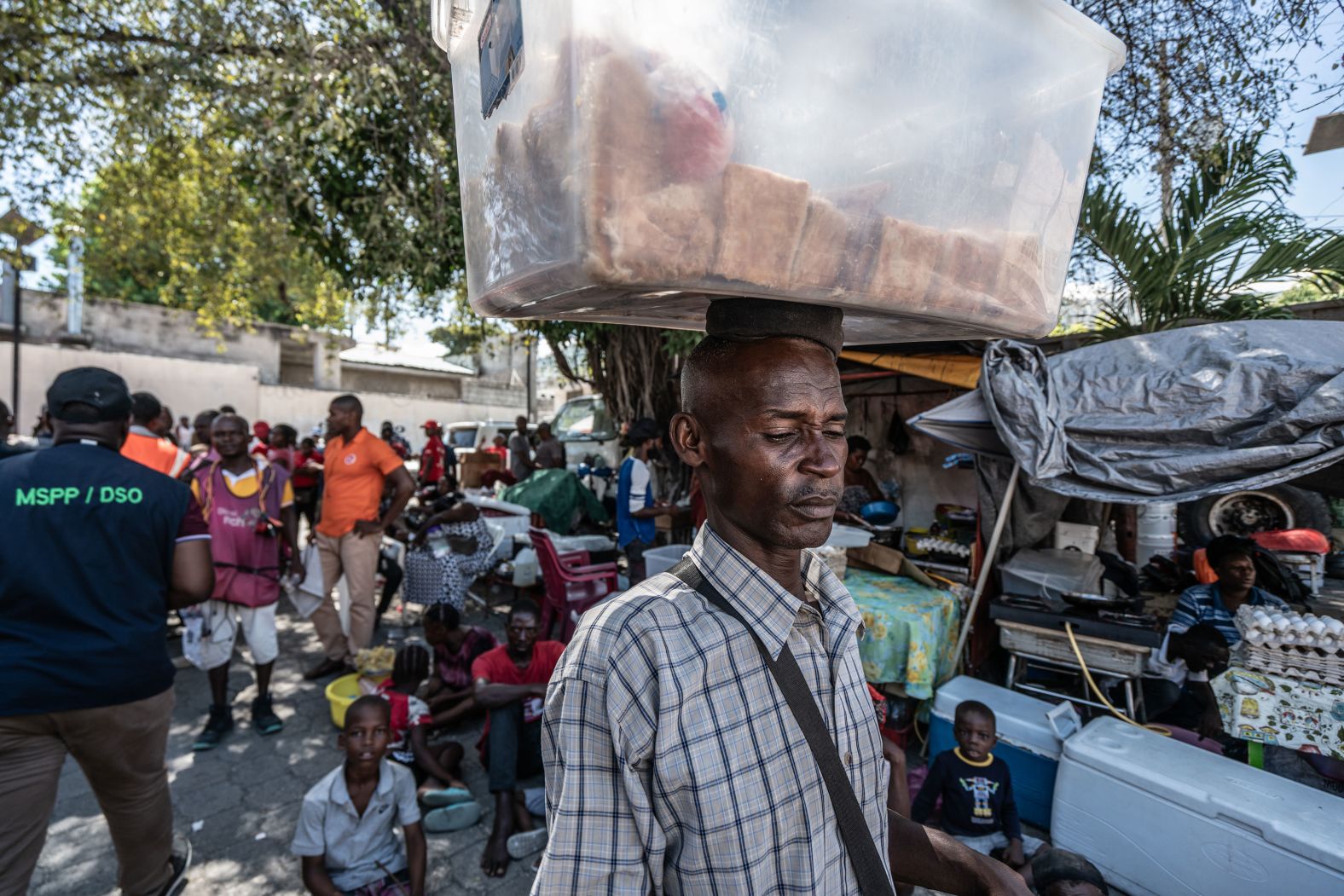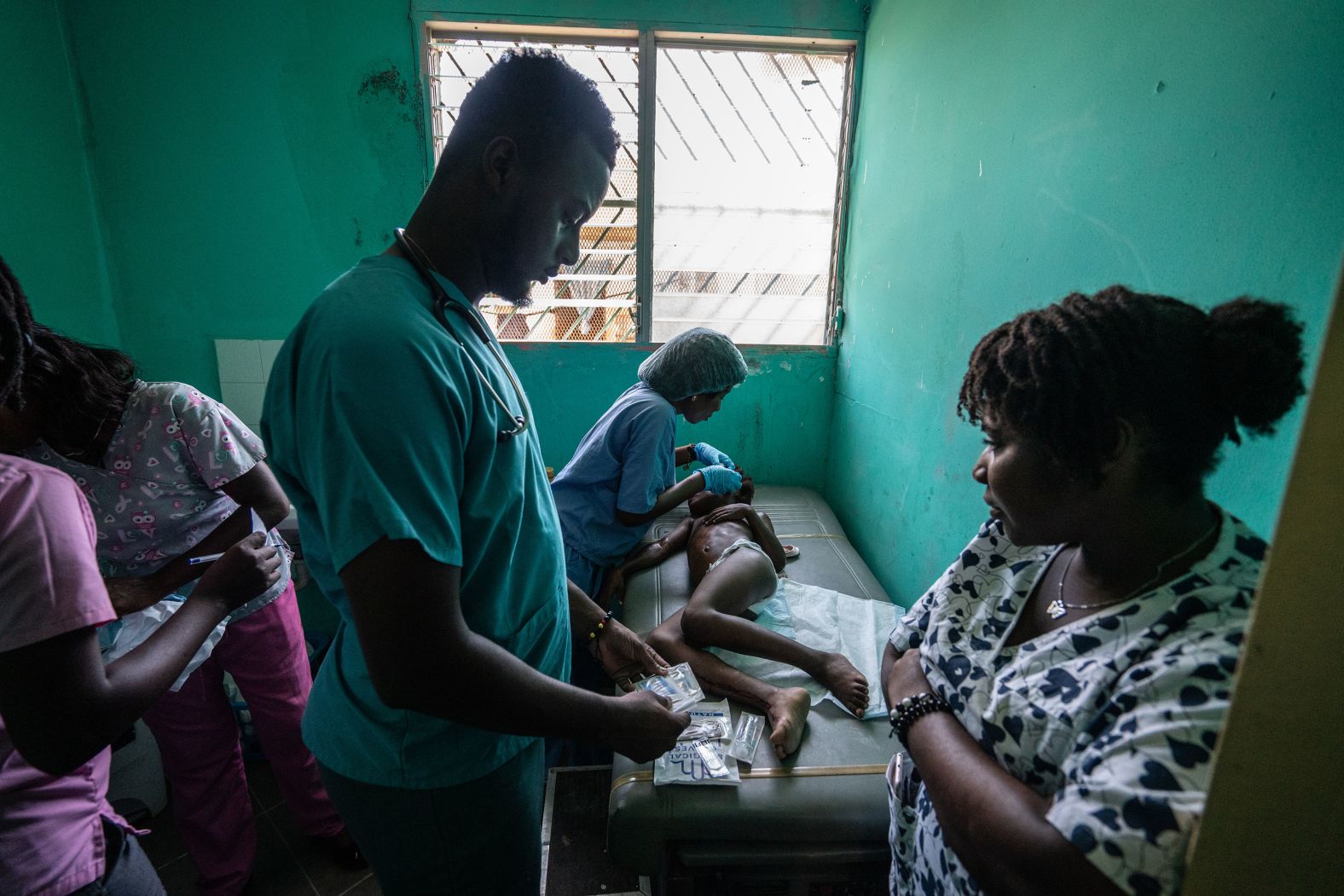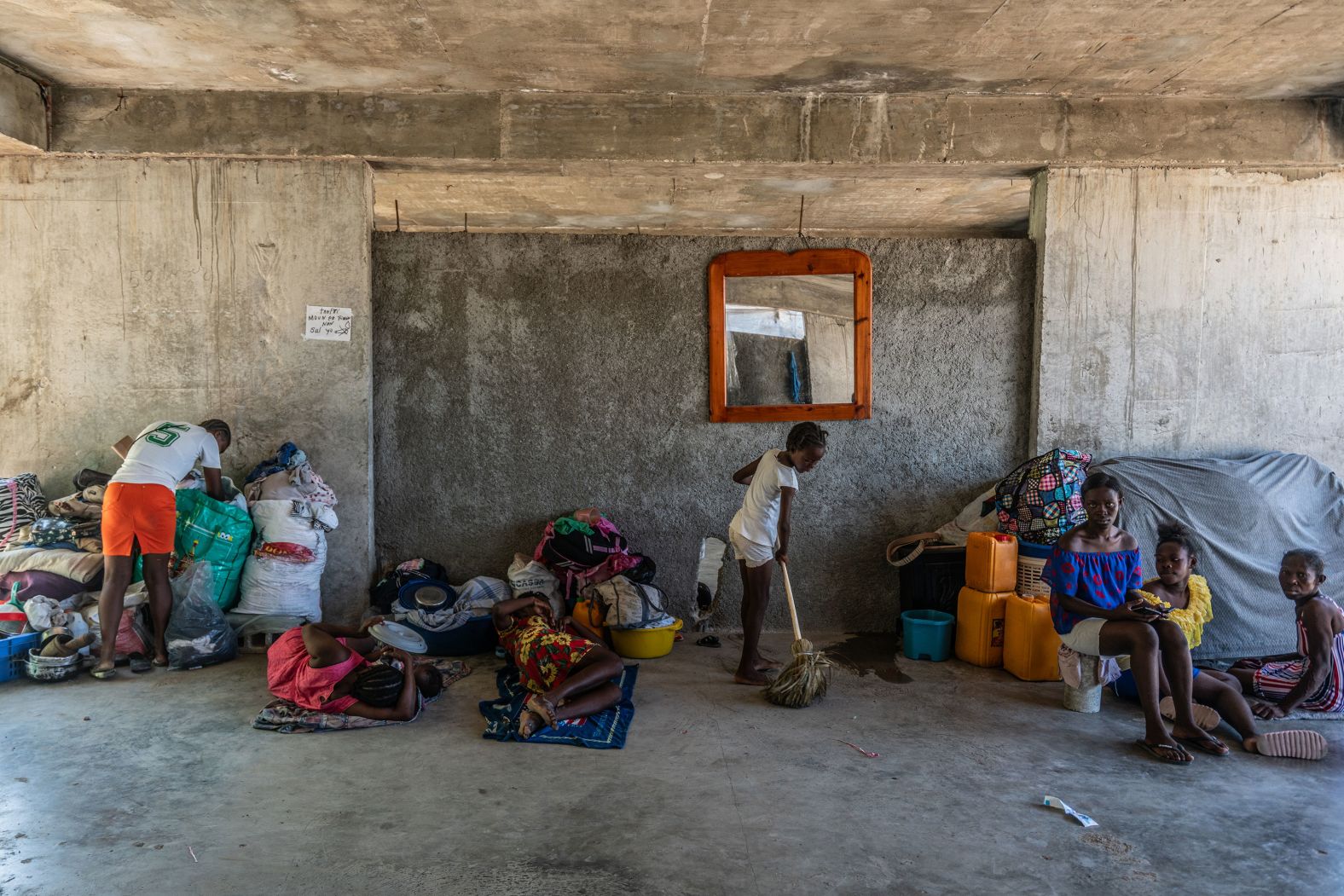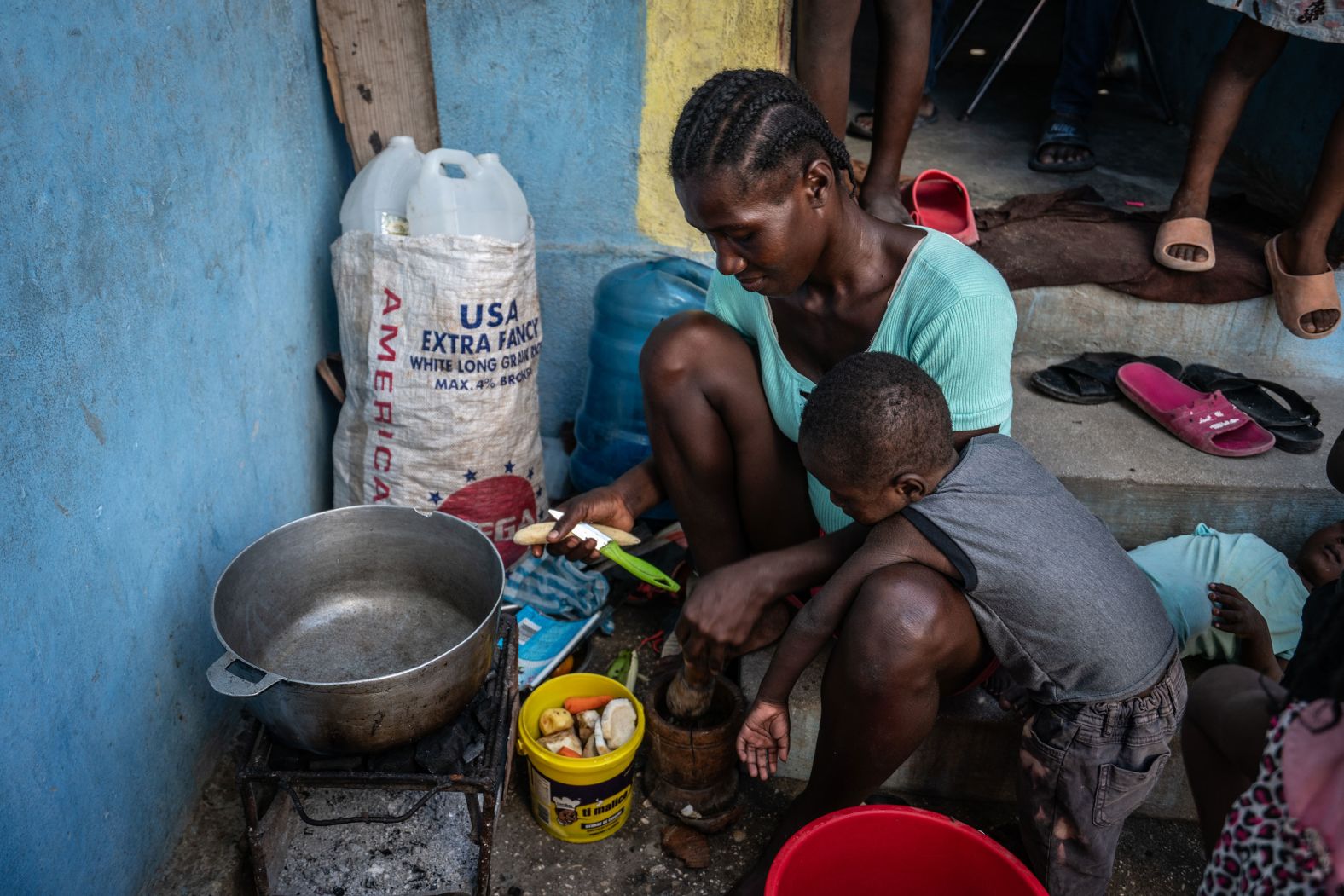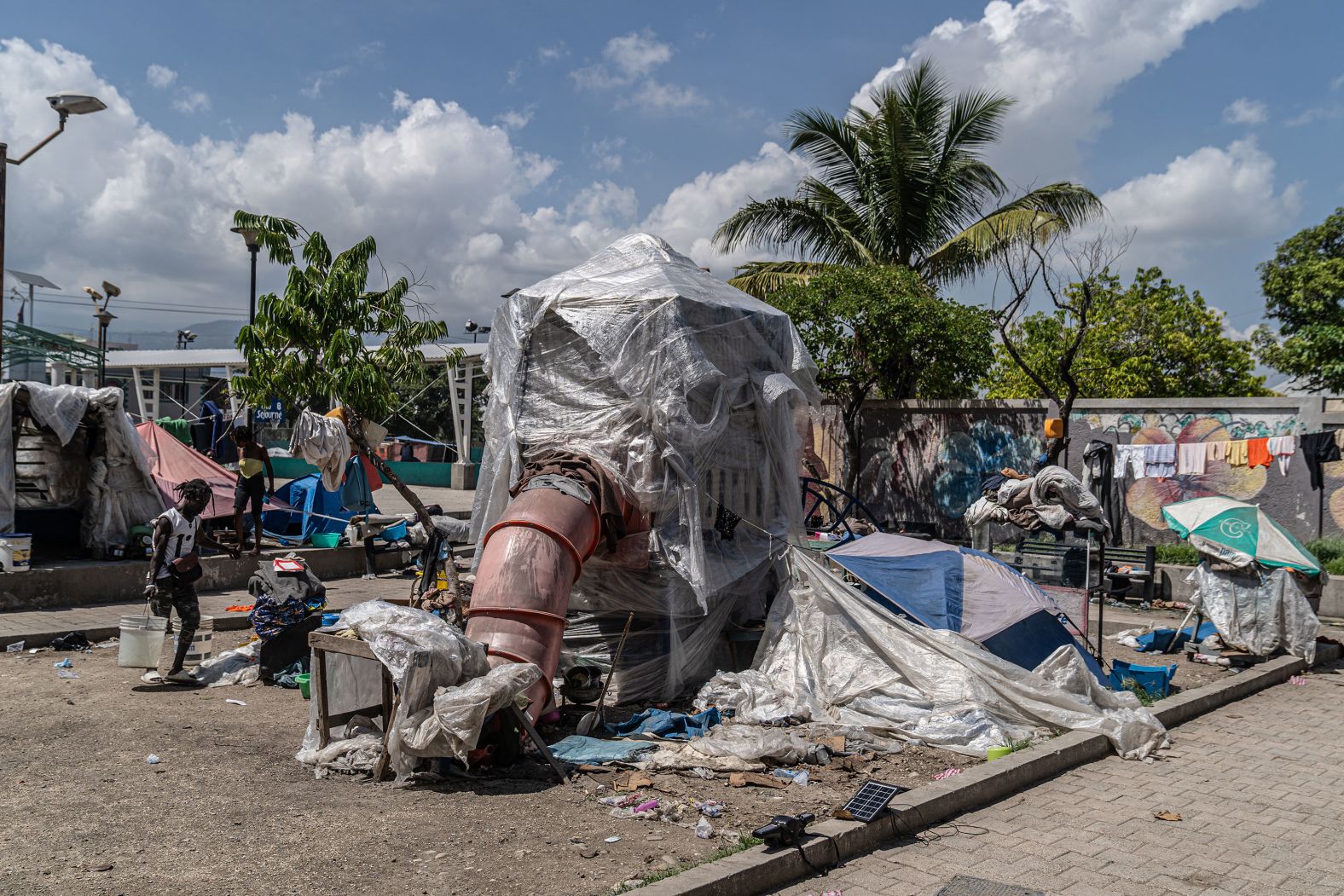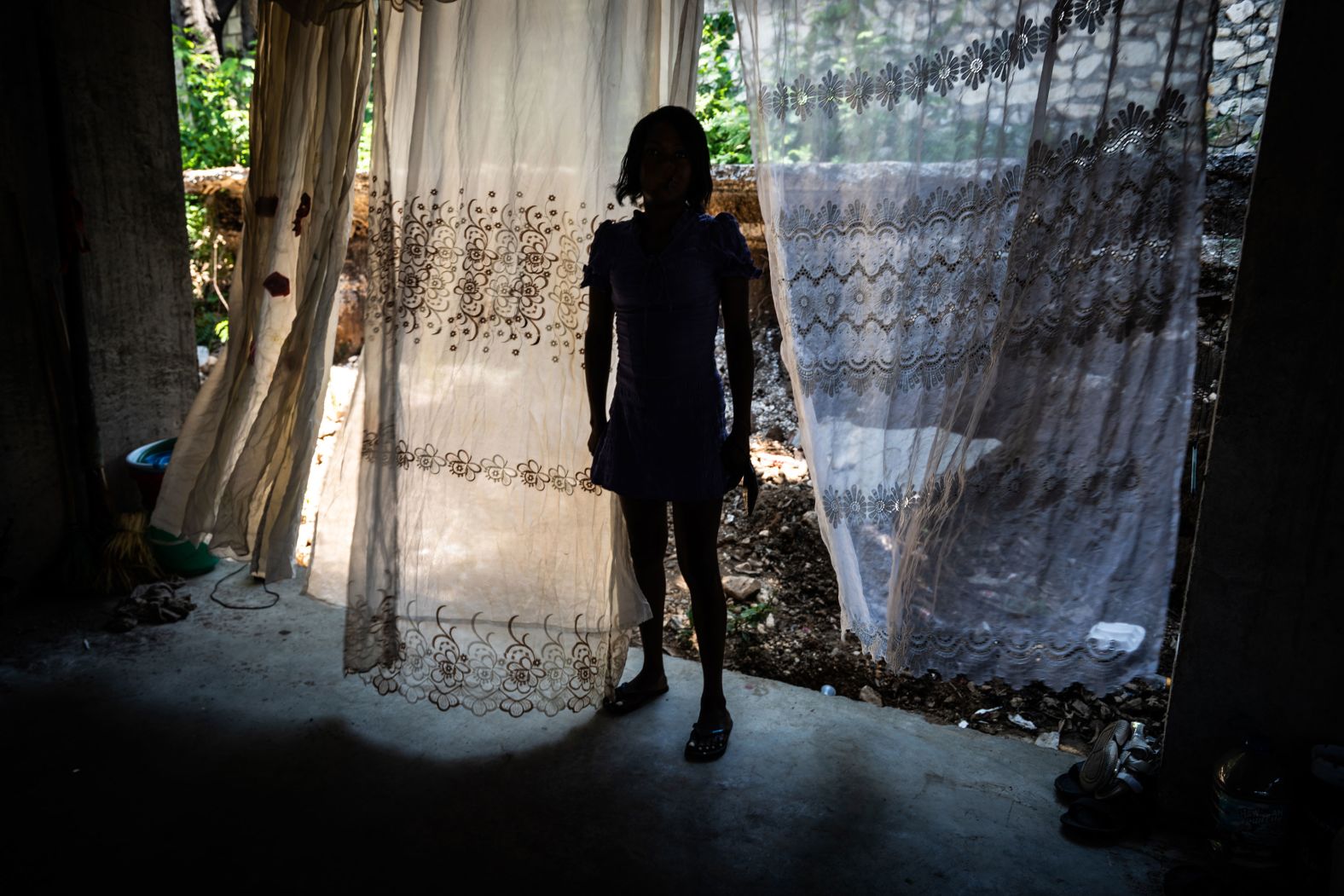Giles Clarke has never seen the gang violence this bad in Port-au-Prince, Haiti's capital and main port.
"Gangs now control some 75% of the city," said Clarke, a New York-based photojournalist who has been visiting the Caribbean country on and off since 2011. "The streets I used to walk are now barricaded with burnt-out vehicles as entire neighborhoods desperately try to protect themselves from gang-led abductions and attacks."
Warring gangs control much of Port-au-Prince, choking off vital supply lines to the rest of the country. Gang members have also terrorized the metropolitan population, forcing some 200,000 people to flee their homes amid waves of indiscriminate killing, kidnapping, arson and rape.
Clarke was in Port-au-Prince recently and photographed the overcrowded displacement settlements that have sprung up all over the area. These are in schools, churches, former theaters and even boxing gyms.
"I was there when school was supposed to be starting for the new year, but instead, many are now overrun by families in tents who sleep on the floors of the classrooms," Clarke said. "Mothers hold hungry babies as the NGOs rush to provide basic needs such as clean water, baby formula and a daily meal if outside security allows access. Many of those I met complain about being unable to access clean water or medicine."
Haitian Prime Minister Ariel Henry, who took leadership of the country after President Jovenel Moise was assassinated in 2021, has been calling for military assistance to help restore security. On Monday, the UN Security Council greenlit the deployment of an armed multinational force.
